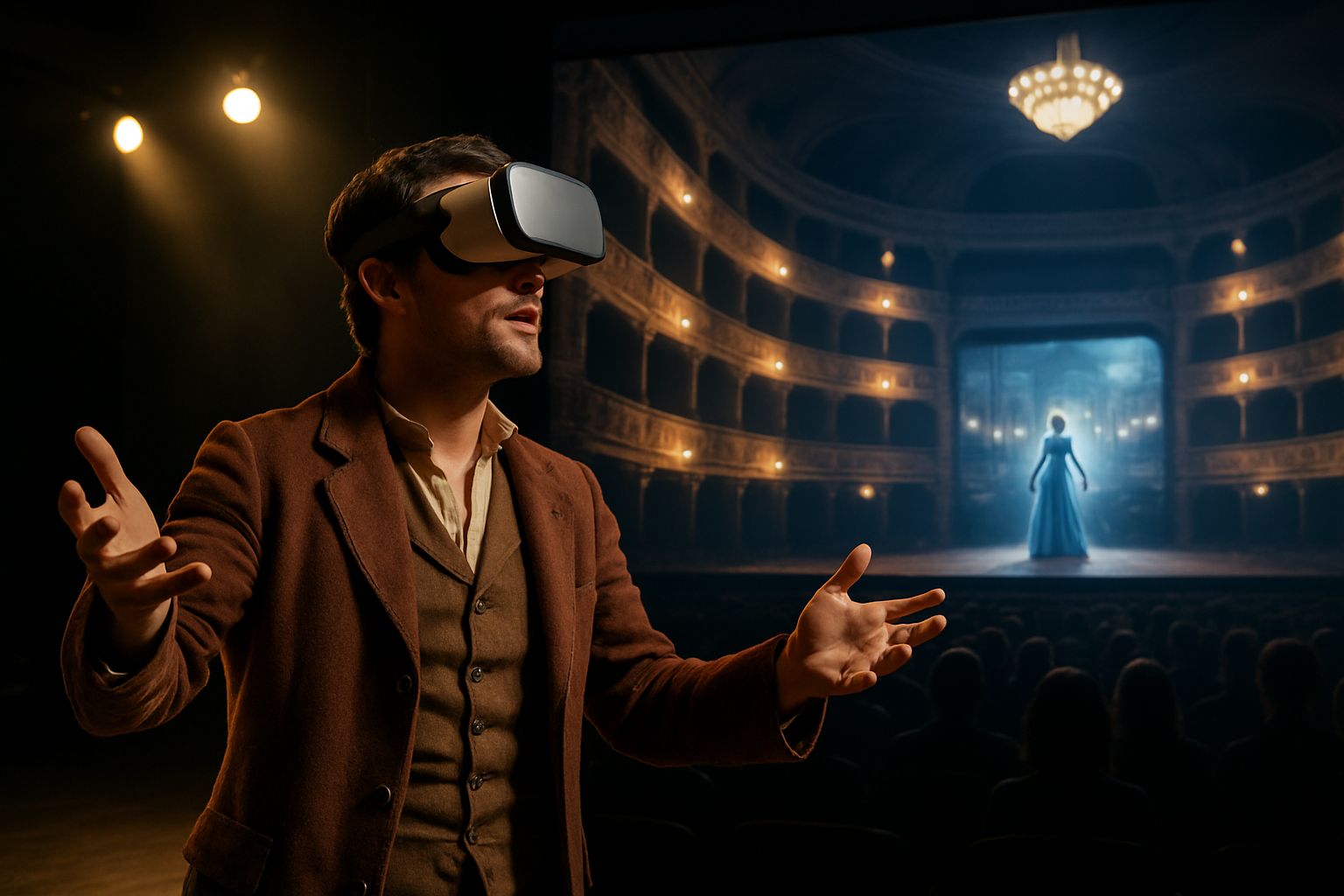Virtual Reality Opera: A New Frontier in Musical Performance
The fusion of cutting-edge technology and classical art forms has given birth to a revolutionary medium in the world of opera: Virtual Reality Opera. This groundbreaking genre is reshaping how audiences experience and interact with musical performances, blurring the lines between reality and the digital realm. As opera houses and tech companies collaborate to push the boundaries of artistic expression, virtual reality opera is emerging as a captivating new frontier in the performing arts landscape.

Redefining the Operatic Experience
Virtual reality opera transcends the limitations of physical stages, transporting audiences into fantastical realms that complement and enhance the musical narrative. Viewers can find themselves floating through celestial landscapes, diving into oceanic depths, or exploring surreal dreamscapes—all while experiencing the power and emotion of operatic performances. This immersive approach allows for a level of audience engagement unprecedented in traditional opera, creating a deeply personal and interactive experience.
Technological Innovations Driving the Genre
The development of virtual reality opera relies on a convergence of cutting-edge technologies. Advanced motion capture systems allow performers movements to be translated into the virtual world in real-time, while spatial audio techniques ensure that the music and vocals are accurately positioned within the 3D environment. High-resolution graphics engines create visually stunning and responsive virtual sets, while haptic feedback systems are being explored to add tactile elements to the experience.
Challenges and Opportunities for Creators
While virtual reality opera opens up exciting new possibilities for artistic expression, it also presents unique challenges for creators. Composers and librettists must consider how their works will be experienced in a 360-degree environment, often collaborating closely with visual artists and programmers to create cohesive virtual worlds. Performers, too, must adapt their techniques to engage with invisible audiences and respond to virtual elements. Despite these hurdles, many artists are embracing the medium as a way to reach new audiences and push the boundaries of their craft.
The Future of Opera in the Digital Age
As virtual reality technology continues to advance, the potential for virtual reality opera grows exponentially. Some experts predict that this new genre could help revitalize interest in opera among younger generations, offering a fresh and technologically engaging entry point into the art form. Others see it as a complement to traditional opera, providing new avenues for artistic expression and audience engagement. As more opera companies and tech firms invest in this emerging field, virtual reality opera is poised to become an integral part of the 21st-century musical landscape, redefining the relationship between performers, audiences, and the operatic art form itself.





